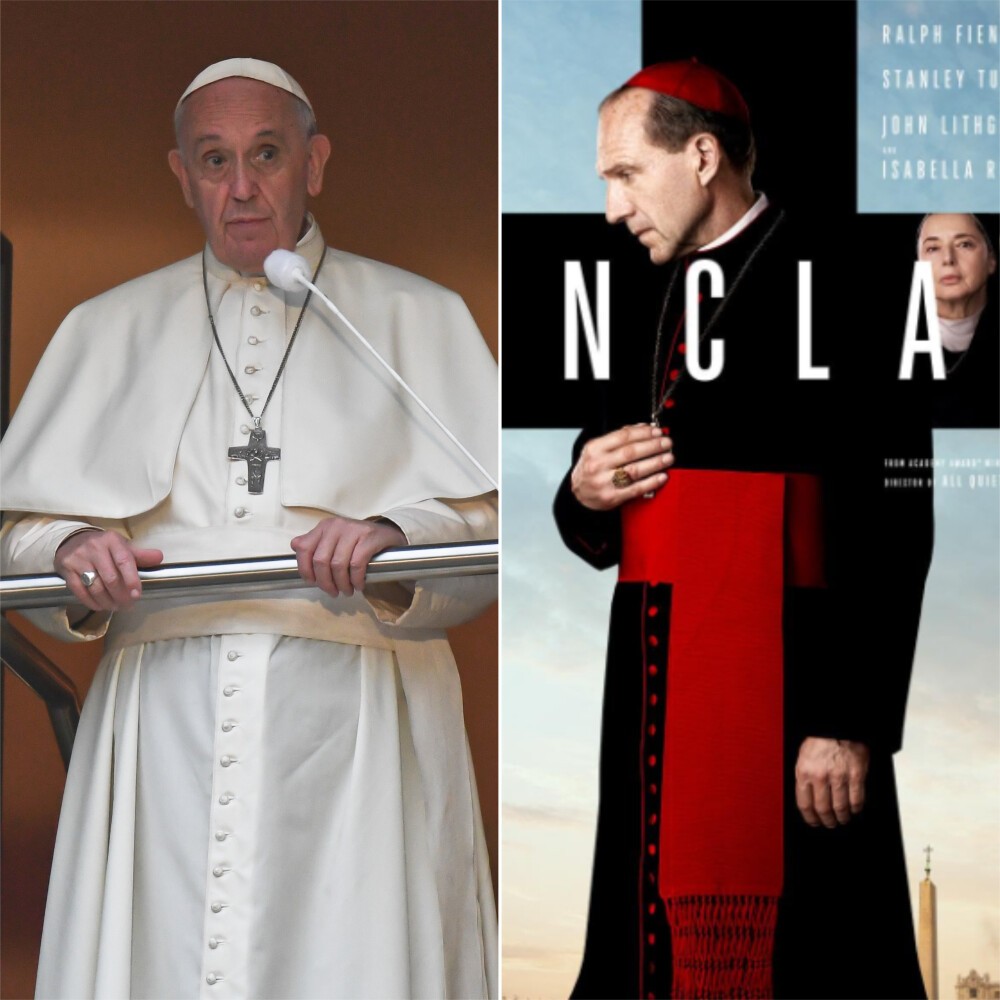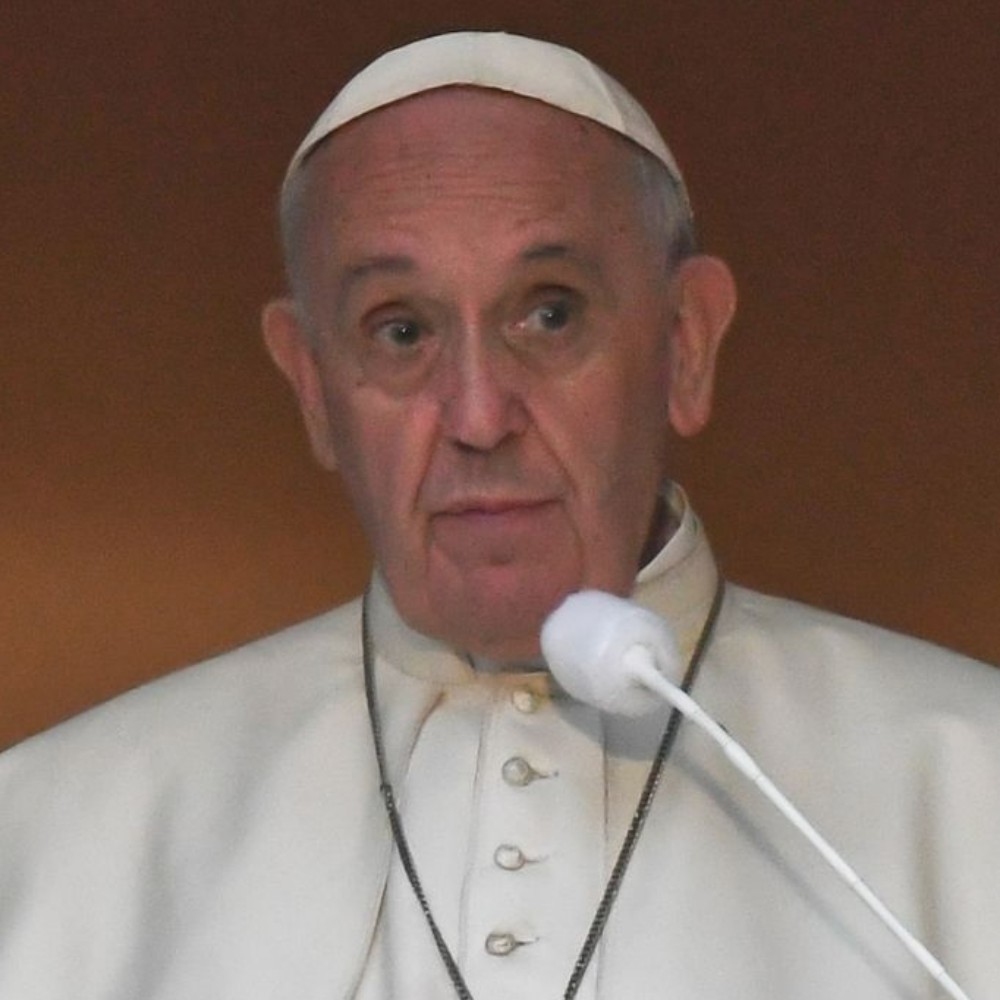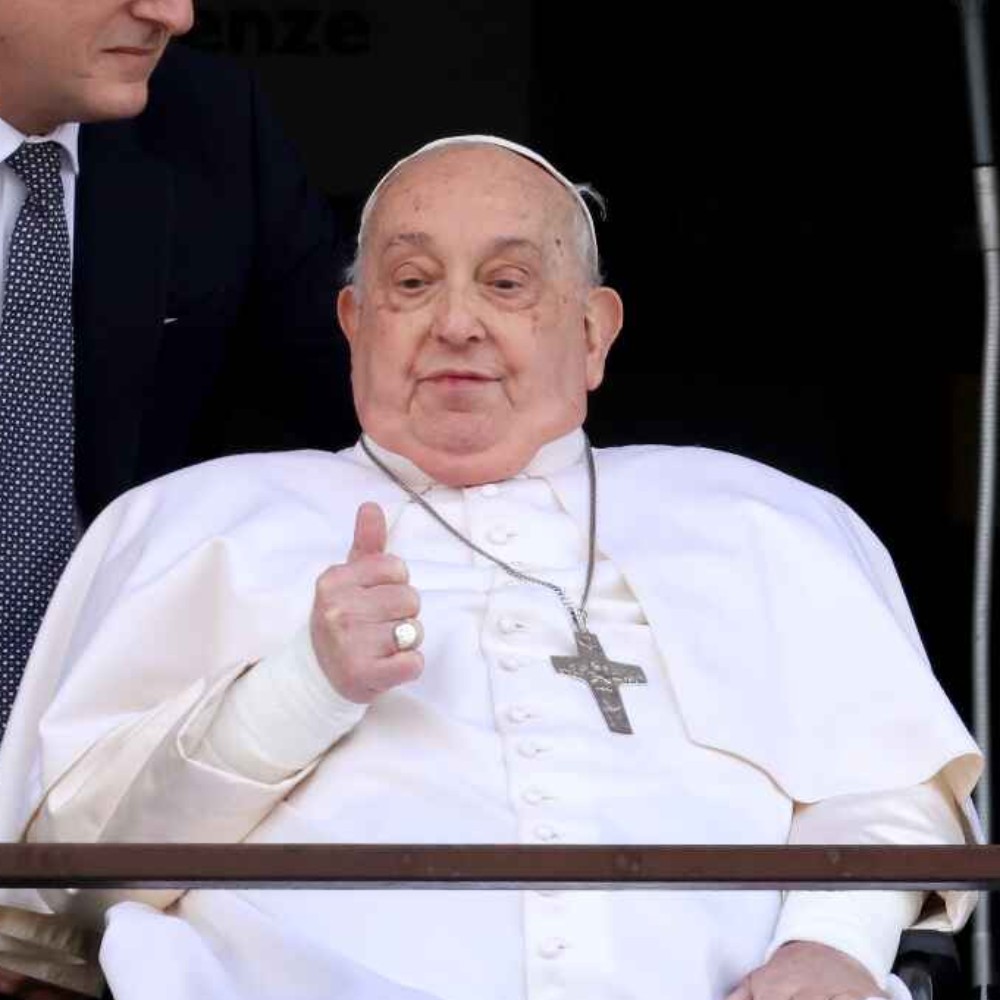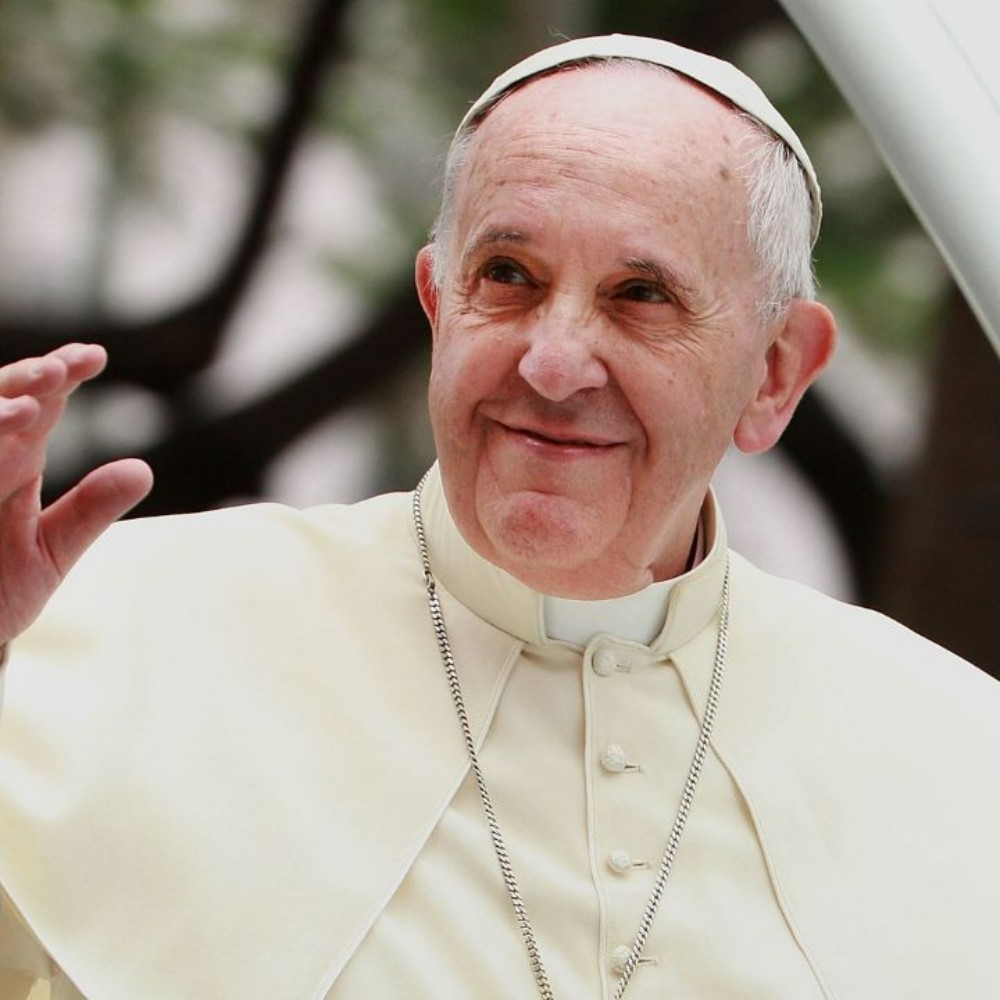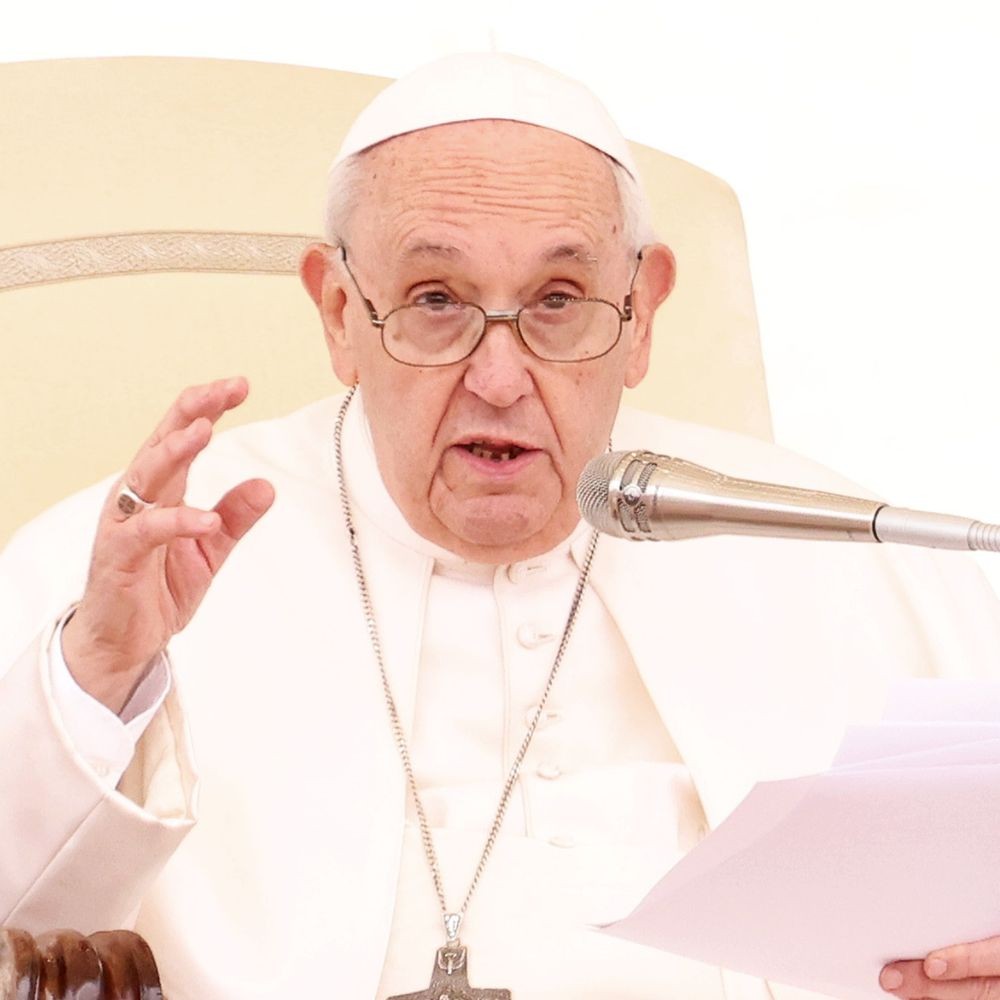Pope Francis Death: Learn About Late Pontiff’s Greatest Reforms and Controversies, From Synodality to Amoris Laetitia
Pope Francis’s passing left a significant void in the Catholic community. Amid the tragic loss, here’s a look at the groundbreaking reforms he implemented and the controversies he faced during his tenure.
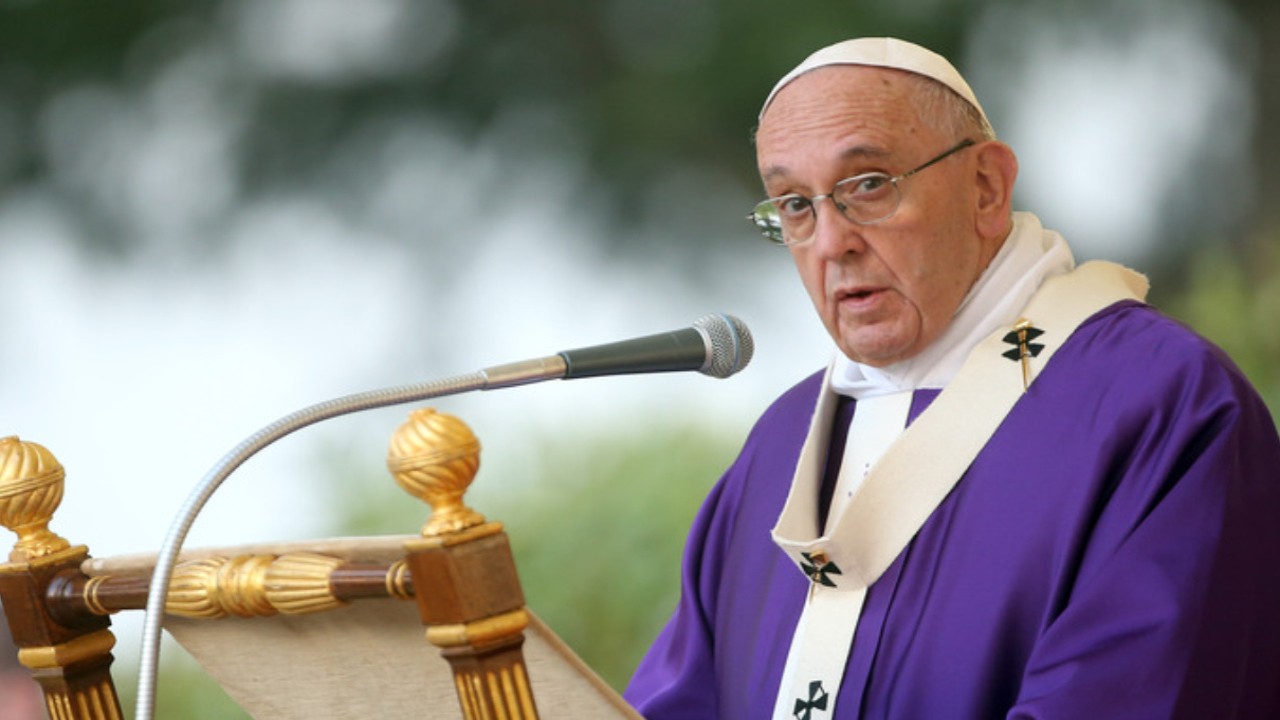
Pope Francis achieved many feats until his tragic demise on Monday, April 21, at the age of 88. The revolutionary Pontiff was the first Jesuit pope, the first from the Americas, and the first to choose the name Francis. He also became the first pope in more than 100 years to deliver a TED Talk.
From the start of his tenure, the late Pope was determined to do things differently. While some considered him the most progressive pontiff, others argued otherwise. He walked a tightrope between being a progressive and a conservative Pope.
Nevertheless, his papacy became a shining example of Catholicism in modern times. Here’s a look at some of his greatest reforms and controversies.
Reforms
His theology in life was that of a modest man, which is why he chose to lead a simpler life in the Vatican’s guest house rather than residing in the grand papal apartments of the Apostolic Palace. The late Pope had a significant influence on the Church’s teachings.
In 2015, Francis released his encyclical Laudato si’: On Care for Our Common Home. This groundbreaking papal document enhanced Catholic social teaching by highlighting the environmental impact on the God-given “common home.”
In addition to making an innovative contribution to the climate change debate, he acknowledged how ethical and spiritual failings can harm nature. He advocated for an “ecological conversion” of the human heart to encourage people to value and protect the planet.
Another significant reform was his commitment to synodality. Staying true to Jesuit theology, Francis ensured that synodality was actively practiced within the Church. It is a process that invites all members—regardless of hierarchy—to work together in discerning God’s will and understanding the guidance of the Holy Spirit.
Controversies
His dedication to preserving unity within the Church earned him deep respect in the Catholic community. His apostolic exhortation Amoris Laetitia explored the possibility of allowing divorced and remarried Catholics to receive the Eucharist.
While considered a progressive step, the document sparked controversy and backlash. Some progressive Catholics were also disappointed that Amoris Laetitia did not include provisions for members of the LGBTQIA+ community.
In his exhortation Querida Amazonia, Francis refrained from endorsing the ordination of married men as priests, despite requests from bishops. He also declined to allow women to be ordained as deacons, even amid a shortage of ordained ministers.
The Pope was openly critical of Germany’s progressive and controversial Synodal Way, warning that such modern ideologies could threaten the unity of the Church.





 JOIN OUR WHATSAPP CHANNEL
JOIN OUR WHATSAPP CHANNEL
































